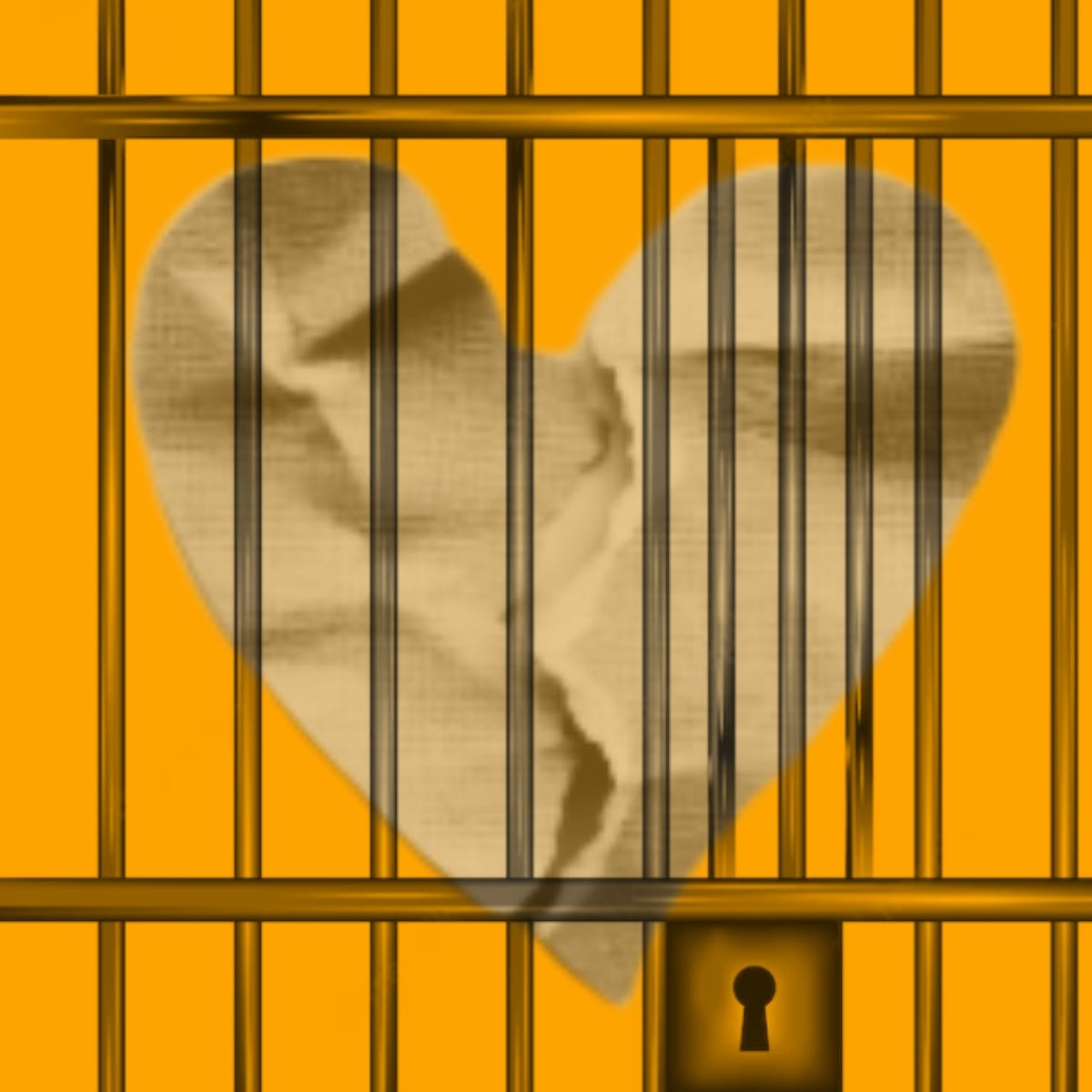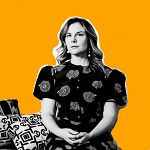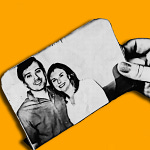Occasionally, strangers come across something about me, look me up online and send me messages asking detailed personal questions about my life. I don’t usually mind – I realize I brought this scourge upon myself.
As an example, I was recently going through and deleting a giant pile of unread emails dating back more than a year. I found one sent in May 2022 presumably by a person somewhere in the United States. The time stamp was 4:40am. The subject was just “You.”
“Ms. Smythe:” the email began. It then launched into a series of questions.
Was it enticing to be with a bad boy type?
Was it a move to consciously or unconsciously flip-off the very industry you were covering (law, criminal justice, business, etc.)?”
Was it the thrill of leaving everything to begin anew?
Was it the excitement of falling prey to a prisoner - - an alleged con and manipulator?
Was it worth it?
And so on.
The writer promised “no judgment here,” and I suspected none was intended. But the way some of the questions were worded suggested that someone’s judgment had infiltrated the person’s brain, through some medium or another. I studied the email thoughtfully, examining some of the more loaded language.
A “bad boy” type? That archetype had existed in society for thousands of years, since the time when the earliest versions of “Little Red Riding Hood” and “Beauty and the Beast” were being told. Yes, I suppose, on some baseline evolutionary level, I was attracted to rebels, contrarians, and “bad boys.” But so were lots of other people.












